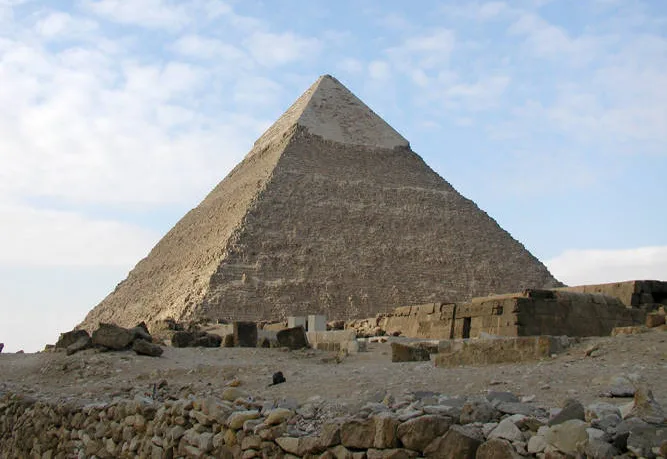Journal withdraws a groundbreaking study on the Indonesian pyramid due to significant oversight.
In an unprecedented move, the Archaeological Prospection journal has retracted a study that claimed the discovery of a 25,000-year-old pyramid in Indonesia, citing a “major error” in the research. The study, which initially caught the world’s attention for its bold claims regarding human civilization’s ancient architectural feats, was published in late 2023 but has been withdrawn after careful review.
The retracted study focused on the Gunung Padang site in Indonesia, where researchers believed they had found evidence of the oldest pyramid ever constructed by humans, predating the previously known oldest pyramids by thousands of years. The claims included findings of “hidden cavities or chambers” within what was thought to be a man-made structure, with radiocarbon dating suggesting the initial construction phase dated back to the Palaeolithic era.
Embed from Getty ImagesHowever, scepticism arose from the archaeological community shortly after the publication. Critics argued that the study’s conclusions were drawn from “legitimate data” but were ultimately “unjustified.” Notably, Flint Dibble, an archaeologist at Cardiff University, pointed out that the evidence did not convincingly demonstrate human involvement in the construction of the so-called pyramid.
The central issue leading to the study’s retraction was the radiocarbon dating of soil samples from the site, which the researchers used to support their claim of the pyramid’s ancient origins. The journal, upon further investigation, found that these soil samples were not associated with any human-made artefacts or features. This absence of direct evidence of human activity casts serious doubt on the notion that the structure was a pyramid built by ancient humans.
“The error, which was not identified during peer review, is that the radiocarbon dating was applied to soil samples that were not associated with any artefacts or features that could be reliably interpreted as anthropogenic or ‘man-made,'” the journal stated in its retraction notice. “Therefore, the interpretation that the site is an ancient pyramid built 9,000 or more years ago is incorrect.”
This retraction serves as a reminder of the rigorous standards required for archaeological evidence and the importance of peer review in the scientific community. While the idea of discovering the world’s oldest pyramid captivated imaginations worldwide, the retraction underscores the necessity for conclusive evidence when rewriting human history.
The retraction of this study not only halts what could have been a monumental shift in our understanding of ancient civilizations but also highlights the continuous journey of discovery and learning in the field of archaeology, where evidence must guide hypotheses, not vice versa.
